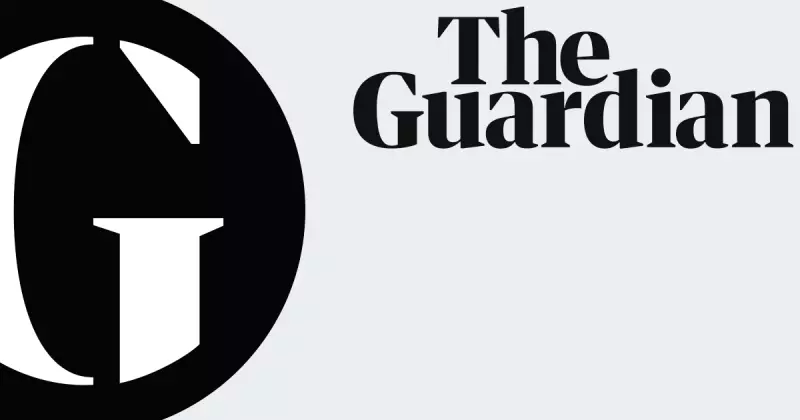
Do you find yourself increasingly frustrated with the internet? You are not alone. The digital landscape, once a frontier of promise, is now a source of daily annoyance for many. This pervasive feeling has a name, courtesy of a leading technology critic.
Defining the Digital Decline
According to tech commentator Corey Doctorow, the phenomenon of our deteriorating online experience is best described as 'enshittification'. He recently detailed this compelling theory to Nosheen Iqbal, offering a stark explanation for why so many of our go-to websites feel like they are on a downward spiral.
Doctorow's argument posits that this is not a random occurrence but a predictable process. He lays out a clear, three-step model to explain how and why platforms from Amazon to Google to Instagram seem to be offering a progressively worsening service to their users.
The Three Stages of Platform Decay
The first phase of enshittification involves platforms luring in users with excellent service and functionality. They build a large, engaged audience by prioritising the user experience above all else.
Once a platform has captured a significant user base, the second stage begins. The focus shifts from users to business customers and advertisers. The platform starts to tweak its algorithms and services to extract more value from these business relationships, often at the subtle expense of the end-user's experience.
The final, most painful stage is when the platform feels it has locked everyone in. With users, businesses, and creators heavily reliant on its ecosystem, the platform begins to aggressively degrade the experience for all parties to siphon off as much value as possible for itself. The result is the enshittified internet we navigate today.
Is There a Way to Stop the Rot?
The situation, however, is not hopeless. Beyond diagnosing the problem, Doctorow also explores potential solutions and actions that can be taken to halt this cycle of digital decay. He suggests that a combination of user awareness, regulatory pressure, and robust competition is essential to push back against the enshittification of our core online services.
The conversation serves as a crucial wake-up call, challenging the notion that a bad internet is our inevitable future. By understanding the mechanics behind the decline, users and policymakers can begin to demand better.





